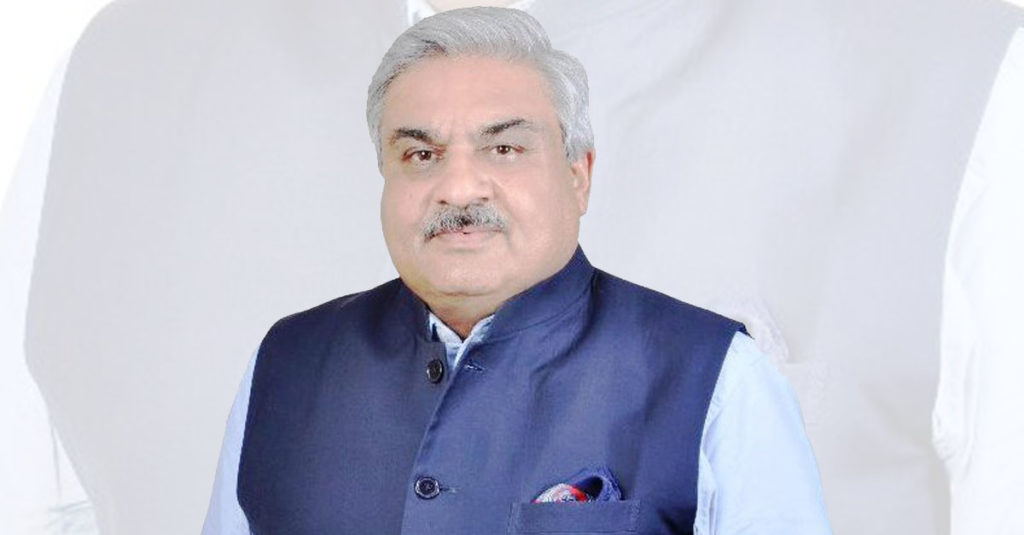
By announcing an end to the US support for offensive operations in Yemen, the Biden administration has signalled a shift in policy, which will be welcomed, but with guarded expectations. The US Congress has been notified that the US would lift the “terrorist” designation from the Houthis, realising at long last that they cannot be bombed out of Yemen, and that a diplomatic solution is the only way forward. The Houthis in turn, are unlikely to give up control of Sanaa unless an end to war and an amnesty is declared. The US, Saudi Arabia and the UAE have for long alleged that the Houthis enjoy the military and political support from Iran, and are now running an oppressive regime in North Yemen, controlling, levying taxes and wreaking havoc on the hapless population, and occasionally firing missiles into Saudi Arabia.
Hindrance to peace process
Yemen has been at war since 2014, when the Houthis, in alliance with former Yemeni President Ali Abdullah Al Saleh, took over the capital. The local population blames Saudi Arabia and the UAE, along with the Trump administration, for their suffering, and would like to hold them accountable for their plight. The World Food Programme (WFP) has been unable to get food aid delivered efficiently to the local and needy population – either access has been denied or the local groups of war professionals have controlled and looted the aid – selling it themselves at higher prices and pocketing the spoils. Going forward, one can expect these same groups to become a hindrance to any peace process, since they are the direct beneficiaries of the current situation. Yemen is infested with these rag tag group of fighters, mercenaries and separatists who share nothing in common with each other; who have no love lost for Yemen’s sovereignty and territorial integrity but are opposed to the Houthis simply for their personal gains. The suffering is heaped again on the poor Yemenis who struggle for every meal and are afraid that their lives could end at any moment.
Honest broker?
The US, by halting sales of lethal and precision arms to Saudi Arabia is trying to be seen as an honest broker, but the Trump years have seriously dented its reputation in the region. It also remains to be seen what kind of arms sales will be halted, because the US has also made it clear it will continue to supply weapons to Saudi Arabia so that it can defend itself from Iran. President Biden has chosen Tim Lenderking, deputy assistant secretary of state for Iran, Iraq, and regional multilateral affairs to oversee the US diplomatic mission to end the war in Yemen. He has also asked his officials working on the Middle East to ensure support for the UN initiative to impose a ceasefire, open humanitarian channels and restore long dormant peace talks. The USAID has been asked to ensure that humanitarian aid reaches the Yemeni people who are suffering and starving. The Biden administration, however, will do well to work on this project with the WFP and other UN aid agencies, which have long had a network in Yemen, the remnants of which still remain; otherwise they will be working at cross purposes. Jake Sullivan, the US national security adviser, has also clarified that the US policy reversal of ending support for offensive operations will not extend to action against Al Qaeda’s affiliate in the region, known as AQAP. In future, the US should work with the other arms’ suppliers to similarly curb sales of arms to the region.
Need respite from war
The Saudis and the UAE themselves need a respite from the war; which has been draining their resources with no end in sight. It is time to call for yet another international conference on Yemen, with the regional countries under the UN auspices. The first priority should be to halt conflict, and later to work towards food and health aid to the country which is reeling under the pandemic and a collapsed healthcare system due to lack of resources.
National unity government envisaged
A UN peacekeeping force in Yemen could be envisaged, in order to maintain law and order, and to keep the mercenary fighters at bay. Finally, a national unity government will need to be envisaged but this will require Iran, Saudi Arabia, the UAE and the US as well as key regional states like Oman to play their due part. The people of Yemen deserve a better future.
Anil Wadhwa: The author served as the Indian ambassador to Oman from 2007-‘11. He has served as the secretary (east) in the Indian ministry of external affairs, and as the Indian ambassador to Italy, Thailand and Poland. Currently he is a Distinguished Fellow with the Vivekananda International foundation in New Delhi.

0 Comments